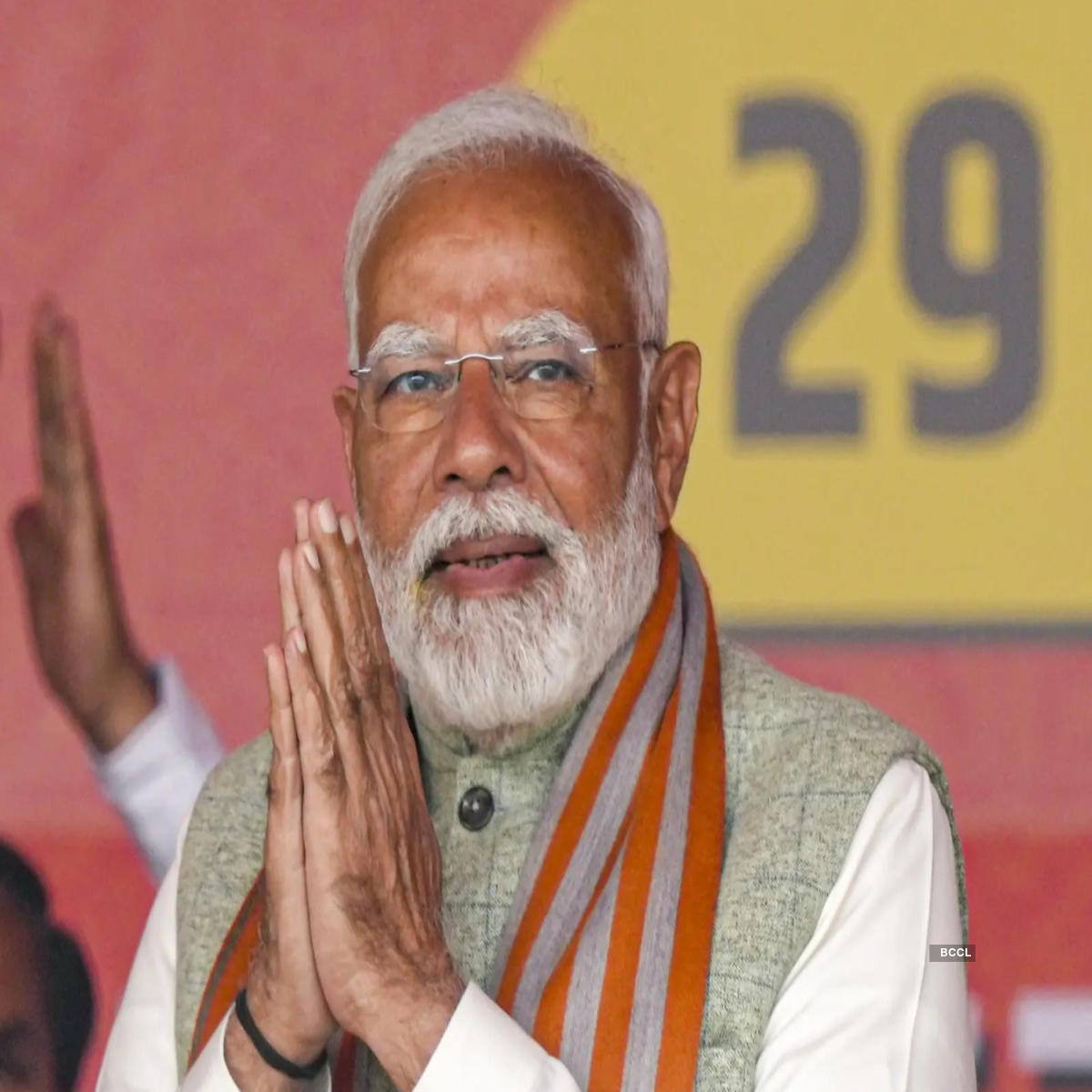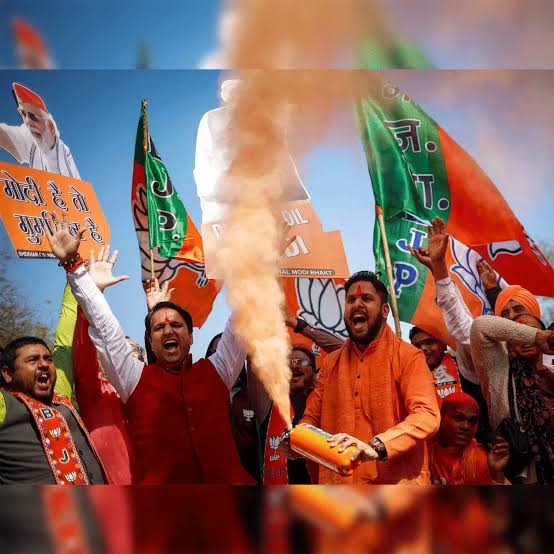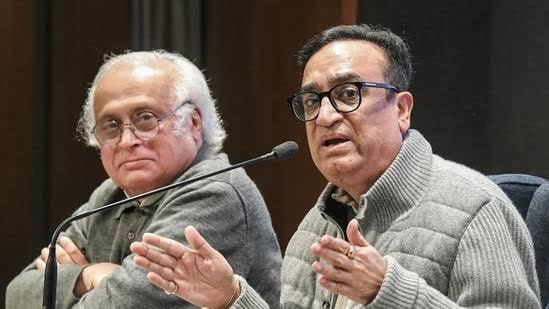The Bharatiya Janata Party (BJP) has secured a decisive victory in the Delhi Assembly election, ending a 26-year wait to reclaim power in the capital. The party won 48 of the 70 seats, leaving the Arvind Kejriwal-led Aam Aadmi Party (AAP) with 22 seats, while the Congress failed to win a single seat for the third consecutive time. This resounding victory has not only reshaped Delhi’s political landscape but has also caught the attention of the global media, which sees it as a significant shift in Indian politics.
 International news agencies have widely covered the BJP’s success, analyzing the factors that led to its landslide win and the implications for AAP and Congress. Reuters described the outcome as a “landmark win” for Prime Minister Narendra Modi’s party, emphasizing that the campaign’s focus on governance, law and order, and infrastructure resonated strongly with urban voters. According to the report, the BJP’s growing appeal among middle-class citizens, who once backed AAP, played a crucial role in its victory.
International news agencies have widely covered the BJP’s success, analyzing the factors that led to its landslide win and the implications for AAP and Congress. Reuters described the outcome as a “landmark win” for Prime Minister Narendra Modi’s party, emphasizing that the campaign’s focus on governance, law and order, and infrastructure resonated strongly with urban voters. According to the report, the BJP’s growing appeal among middle-class citizens, who once backed AAP, played a crucial role in its victory.
The Associated Press (AP) called the BJP’s return to power in Delhi a “major political comeback” and pointed out that AAP’s internal struggles and declining popularity had contributed to its defeat. The report also noted that Congress, despite a slight increase in its vote share, failed to make a significant impact, remaining a marginal player in the contest.
Spanish newspaper El País framed the election as a historic moment, running the headline, “El partido del primer ministro indio, Narendra Modi, regresa al poder en Delhi después de casi tres décadas,” which translates to “The party of Indian Prime Minister Narendra Modi returns to power in Delhi after nearly three decades.” The article highlighted the scale of the BJP’s victory and its potential impact on governance in the capital.
The Financial Times provided a more analytical perspective, stating that the results could reshape the national political landscape. The report questioned AAP’s ability to remain relevant after this setback, observing that losing Delhi, its last stronghold, casts doubt on its future prospects. “Delhi was AAP’s last stronghold. Losing it to the BJP puts serious questions on its national ambitions,” the report noted.
Al Jazeera spoke to political analyst Rasheed Kidwai, who remarked that the BJP’s win was a testament to its ability to manage electoral strategies at the micro level. “This victory is a story of BJP’s micromanagement in constituencies. And it tells us that they are unmatched,” he said. The outlet also quoted Nivedita Menon, a professor at Jawaharlal Nehru University (JNU), who expressed concern over the BJP’s growing electoral dominance. “It feels like BJP will never lose an election again. They have the system sewn up tight,” she observed.
Meanwhile, the BBC underscored the significance of this election as a battle of prestige for both the BJP and AAP. For the BJP, it was more than just an electoral win—it marked a crucial foothold in a city where it had been out of power since 1998.
With this victory, the BJP has not only reasserted its strength in Delhi but also sent a strong political message ahead of future elections. For AAP, the loss signals the need for introspection and strategic recalibration, while Congress continues to struggle in its efforts to regain relevance. As the dust settles, all eyes will be on how the new government navigates the challenges of governance in the nation’s capital.




